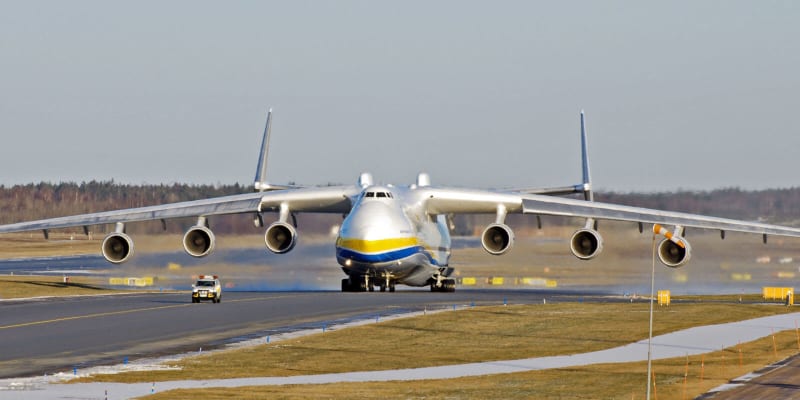At this point in time I have no idea what effect 5G will have on certification testing, but I am curious. I don't get involved at the OEM level of certification testing for an aircraft Type Certificate. But I do sometimes witness and approve testing during a prototype effort for an aircraft configuration change, typically a Supplemental Type Certificate.
Such testing will require operating the newly installed or altered systems while monitoring all other required aircraft systems to show compliance to 14 CFR 25.1431 for immunity to EMI/RFI interference. I am wondering if proximity of the airport to 5G towers, or even possibly maintenance persons on the ramp using 5G phones close to the aircraft might cause us to see glitches in the Radio Altimeter test results or altitude display. This could be caused by signals that come and go intermittently as conditions around the aircraft change (cell tower load varies, or technicians arrive/depart the ramp area or start/stop using their phones).
If it happens, it would be a nightmare to troubleshoot and could lower confidence in the test results if the glitches "heal themselves". Like all persons with experience in troubleshooting, I would always prefer a hard failure to an intermittent that cannot be reliably duplicated.


![[ponder] [ponder] [ponder]](/data/assets/smilies/ponder.gif)